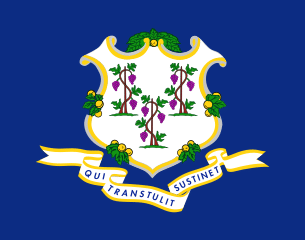
“Investigations by the General Assembly; powers; procedure. Witness’ rights. (a) The president of the Senate, the speaker of the House of Representatives, or a chairman of the whole, or of any committee of either house, of the General Assembly, shall have the power to compel the attendance and testimony of witnesses by subpoena and capias issued by any of them, require the production of any necessary books, papers or other documents and administer oaths to witnesses in any case under their examination. Any person, summoned as a witness by the authority of either house of the General Assembly to give testimony or to produce books, papers or other documents upon any matter under inquiry before either house, or any committee of either house, of the General Assembly, or a joint committee of both houses, who wilfully makes default or, having appeared, refuses to be sworn or to answer any question pertinent to the question under inquiry, shall be guilty of a class A misdemeanor” (Connecticut Statutes, Sec. 2-46).
“Witness not privileged. No witness shall be privileged to refuse to testify to any fact, or to produce any paper, respecting which he is examined by either house of the General Assembly, or by any committee of either house or any joint committee of both houses, upon the ground that his testimony to such fact or his production of such paper may tend to disgrace him or otherwise render him infamous” (Connecticut Statutes, Sec. 2-47).
“Prosecution of witness. Whenever a witness summoned fails to testify and the fact is reported to either house, the president of the Senate or the speaker of the House, as the case may be, shall certify to the fact under the seal of the state to the state’s attorney for the judicial district of Hartford, who shall prosecute therefor” (Connecticut Statutes, Sec. 2-48).







